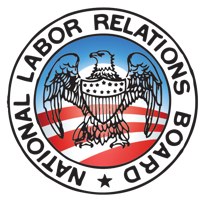 On December 21, 2011, the NLRB announced a change in NLRB election procedures, moving bargaining unit disputes to after unionization elections instead of before them. In practice, this “quickie elections” rule would give employees less time to learn about the drawbacks that come with unionization.
On December 21, 2011, the NLRB announced a change in NLRB election procedures, moving bargaining unit disputes to after unionization elections instead of before them. In practice, this “quickie elections” rule would give employees less time to learn about the drawbacks that come with unionization.
Not surprisingly, unions win a higher percentage of elections when employees have less time to become informed about unionization, giving them incentive to push the partisan NLRB to make the rule. Fortunately, a federal court recognized this election-law change for the bad idea that it was, and it never went into effect.
We’ve heard these arguments about the slow and “broken” NLRB election process before, and they still don’t pass the smell test. Labor unions won 65.2 percent of representation certification elections in the first half of 2013. Labor’s real problem
Instead of conceding this reality, labor’s game plan is to use its influence at the NLRB to unfairly shift election law in its favor. Their proposed changes don’t just speed up the timeline for organizing: Once an election is declared, unions also have legal access to employees’ personal contact information which it can then use to visit employees at their homes and picket, protest, or otherwise pressure them to vote for the union.
This kind of rule-change by unions and the NLRB is exactly why the Employee Rights Act (ERA) is so important. With unions pushing “quickie elections,” employees need the opportunity to formulate an informed vote and periodically reassess whether unions lived up to their promises.



